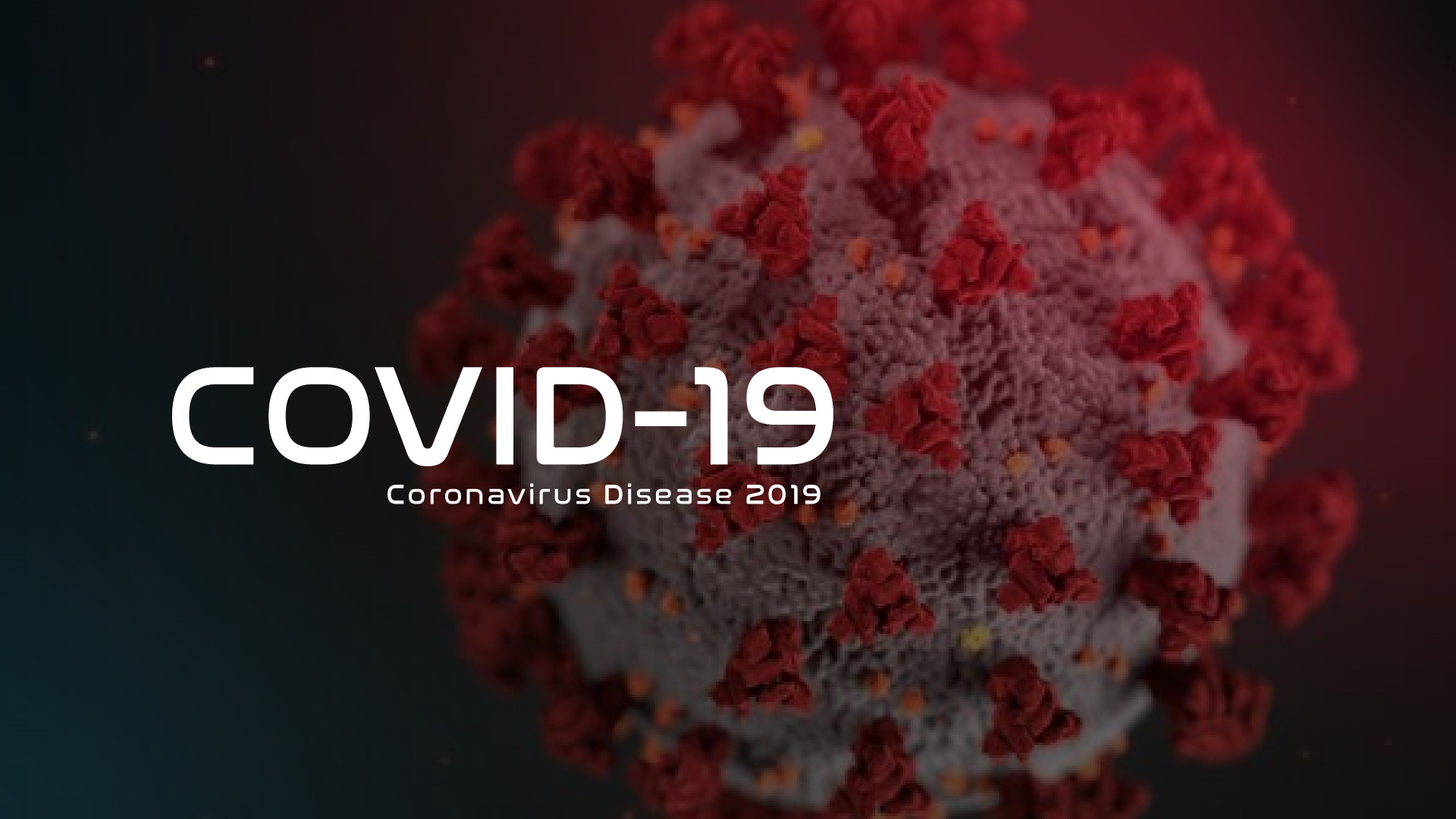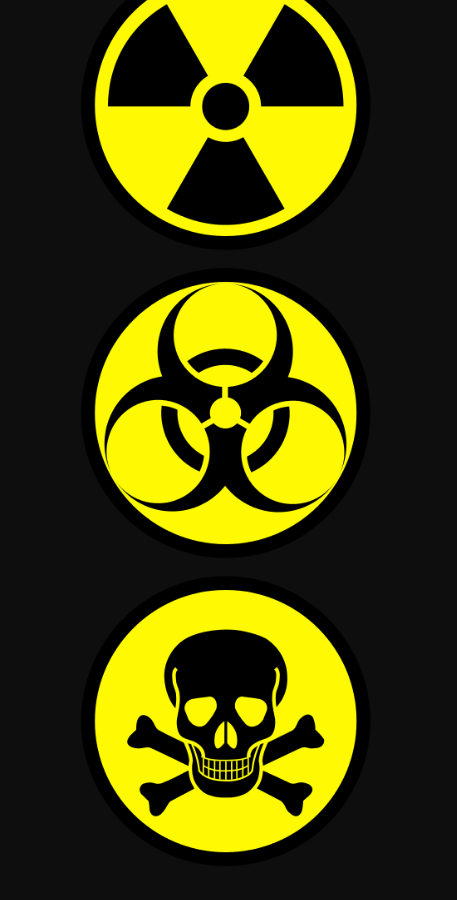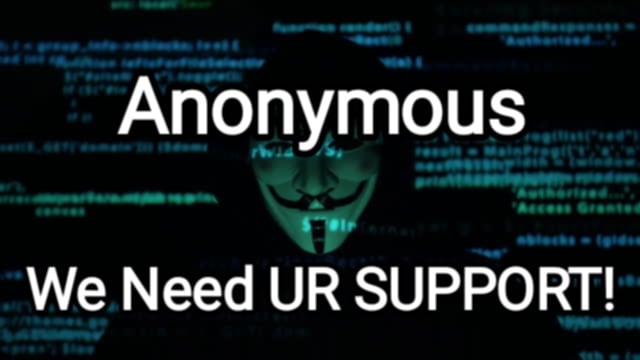


The History and Development of COVID-19: Debunking Myths and Understanding Reality
Introduction
The COVID-19 pandemic has been one of the most significant global events of the 21st century, affecting millions of lives and altering social, economic, and health landscapes across the globe. While the rapid spread of the virus has led to widespread concern and conspiracy theories regarding its origins and motivations, understanding the factual history of COVID-19 is crucial for a well-informed public discourse. Here, we will trace the timeline of COVID-19, its origins, and the events surrounding its emergence.
The Origins of COVID-19
COVID-19, caused by the novel coronavirus SARS-CoV-2, was first identified in December 2019 in Wuhan, Hubei province, China. Initial cases were linked to a seafood market, suggesting a zoonotic spillover, where a virus jumps from animals to humans. Subsequent investigations indicated that bats were likely the original hosts, with another, yet unidentified species acting as an intermediary.
While some conspiracy theories have emerged, accusing various governments or organizations of artificially creating the virus, the overwhelming consensus among scientists and health experts is that SARS-CoV-2 has natural origins, similar to other coronaviruses like SARS-CoV and MERS-CoV.
The Spread and Global Response
As COVID-19 began to spread rapidly in early 2020, it prompted swift action from global health authorities. The World Health Organization (WHO) declared a Public Health Emergency of International Concern on January 30, 2020, and later classified it as a pandemic on March 11, 2020. Various countries implemented lockdowns, travel restrictions, and other public health measures in an attempt to contain the virus.
The virus’s rapid transmission shed light on the need for robust global health systems, research funding, and cooperation between nations. The scientific community responded with unprecedented speed, working collaboratively to understand the virus, track its mutations, and develop vaccines. By December 2020, emergency use authorizations were granted for several vaccines, marking a significant turning point in the fight against the virus.
Conspiracies and Misinformation
Among the numerous challenges presented during the pandemic, misinformation and conspiracy theories proliferated—suggesting that COVID-19 was engineered as a bioweapon or that it served as a pretext for government control. These theories often lacked credible evidence and were founded on fear and misunderstanding.
The narrative surrounding COVID-19 has often been fueled by distrust in institutions, the rapid dissemination of information through social media, and a lack of understanding of scientific research and the complexities of virus emergence. While it is normal for people to question government actions, it is essential to critically evaluate the sources of information and the motives behind conspiracy theories.
The Propaganda Debate
Claims that COVID-19 was wholly a propaganda tool overlook the personal experiences of millions affected by the virus, including severe illness and loss of life. While some have argued that public health messaging has been overly cautious or politically motivated, dismissing the pandemic as mere propaganda disregards scientific data and the experiences of numerous individuals.
Public health measures, including masking and vaccination campaigns, have been supported by extensive research demonstrating their effectiveness in controlling viral transmission and reducing severe disease outcomes. As evidence continues to mount, the credibility of the scientific process remains high, emphasizing the importance of evidence-based narratives rather than conspiracy-fueled thinking.
Conclusion
The history and development of COVID-19 reveal a complex interplay of science, public health, and human behavior. Its origins are firmly rooted in nature rather than laboratory creation, and the global response has illustrated both the strengths and weaknesses of healthcare systems worldwide.
As we continue to navigate the path of recovery and resilience, it is crucial to focus on accurate information and the lessons learned during this unprecedented time. Misunderstanding and conspiracy theories can undermine public trust in health initiatives, which remain essential in combating not only COVID-19 but also future pandemics. Engaging with credible sources and embracing scientific understanding will equip society to face ongoing challenges more effectively.Lorem ipsum dolor sit amet, at mei dolore tritani repudiandae. In his nemore temporibus consequuntur, vim ad prima vivendum consetetur. Viderer feugiat at pro, mea aperiam
Examining the Post-COVID Landscape: A Critical Perspective on Public Health and Governmental Trust
Introduction
The COVID-19 pandemic has left an indelible mark on global society, triggering a wave of skepticism regarding government actions and the narratives that shaped the public’s response. While the virus has led to significant health impacts, emerging discussions question the continuity of its threat and the motivations behind public health strategies.
The Disappearance of COVID-19: A Cause for Concern?
An observation made by some is the seemingly rapid decline in COVID-19 cases and the reduced emphasis on it in mainstream media. Critics argue that if COVID-19 were indeed a genuine existential threat, continued vigilance would be necessary, and its sudden decrease raises suspicions about the data presented to the public. The perception is that, as focus shifts away from the virus, citizens may overlook potential governmental manipulations or hidden agendas.
Supporters of this viewpoint ask why, with the virus initially portrayed as deadly and uncontrollable, there has been a significant drop in new cases and related reporting. They argue that this decrease, coupled with the lack of consistent public health messaging, warrants scrutiny and raises questions about the integrity of information disseminated during the pandemic.
A Call for Vigilance and Scrutiny
This situation highlights the need for citizens to remain vigilant and critical of governmental narratives, especially given the historical context of public health responses and their implications for civil liberties. Advocates for increased awareness argue that humanity must be prepared for the potential emergence of new threats, whether natural or artificially induced.
The dialogue surrounding biosecurity and governmental authority invariably raises alarms about the potential for exploitation of crises to enforce compliance or distract from other critical issues facing society. Such concerns, while often associated with conspiracy theories, reflect a legitimate call for accountability, transparency, and ethical governance.
The Role of Trust in Public Health
Furthermore, the sudden decline in focus on COVID-19 also affects public trust in governmental and health institutions. When citizens feel that they have been misled or manipulated, it can lead to long-term skepticism regarding public health initiatives, vaccines, and recommendations. This erosion of trust can have serious implications for future public health measures and the collective ability to respond effectively to crises.
While it is essential to approach the topic of COVID-19 and government response with a critical eye, it is equally important to prioritize evidence-based discussions that avoid veering into unfounded conspiracy theories. The need for public awareness and accountability remains paramount, as does the requirement for trustworthy information and open communication from authorities.
Humanity must navigate these complexities with a commitment to protecting individual freedoms and health without falling prey to divisive narratives or exaggerated claims. The goal should be to foster a society that remains informed, empowered, and resilient in the face of future challenges.
The Complex Web of Politics, Influence, and Public Health: An Analysis of the USA, Israel, and Zionism
The relationship between the United States and Israel has long been a subject of intense debate and scrutiny, particularly within the realms of politics, economics, and foreign policy. Central to this discourse is the influence of organizations like AIPAC (American Israel Public Affairs Committee), which plays a significant role in shaping U.S. policy towards Israel. Some critics argue that AIPAC and other pro-Israel groups have an outsized impact on American governance, fostering a narrative that suggests these entities, in conjunction with influential American figures, may manipulate various sectors, including healthcare.
One prominent figure often mentioned in discussions about the intersection of technology, healthcare, and control is Bill Gates. The Gates Foundation has made significant investments in global health initiatives, including vaccine development and distribution. Critics question the appropriateness of a tech mogul wielding considerable influence over public health, suggesting that such involvement raises ethical concerns. They argue that the blending of wealth, technology, and health creates a scenario where public welfare can be compromised by private interests.
The COVID-19 pandemic has magnified these concerns. The rapid development and distribution of vaccines, led by major pharmaceutical companies and backed by significant funding from various entities, including the Gates Foundation, are often viewed through a lens of skepticism. Some commentators posit that the urgency and financial stakes involved in vaccine distribution create an environment ripe for exploitation by those in power for profit-driven motives rather than humanitarian ones.
In this context, the narrative of a “Zionist lobby” often emerges in discussions about control and influence over the global economy. Critics assert that this lobby, fueled by substantial financial resources, may exert undue pressure on government policies, economic strategies, and healthcare advancements. However, it’s crucial to approach such claims critically, considering the complexities of international relations and the diverse motivations of various stakeholders.
The portrayal of organizations like AIPAC as all-controlling can detract from the nuanced realities of political lobbying and economic influence. The U.S. operates within a multifaceted system involving a range of interest groups, corporations, and individuals, each vying for attention and favorable policies. Reducing this intricate landscape to a singular narrative can oversimplify the issues at hand and perpetuate unfounded conspiracy theories.
Moreover, the dialogue surrounding vaccine distribution and public health should ideally center on scientific evidence, public trust, and equitable access. The dynamics of who benefits economically from vaccines are complex and involve a host of factors, including governmental policies, pharmaceutical regulations, and international collaboration.
As discussions continue about the implications of private influence in public health, particularly during a global crisis, it’s essential to foster a conversation grounded in facts and constructive criticism rather than fear and speculation. The intersection of health, economy, and global politics warrants scrutiny, but it should promote accountability and transparency rather than propagate divisive narratives.
In conclusion, the entanglement of political influence, healthcare, and economic power in the U.S., Israel, and beyond is complex and fraught with challenges. While it’s vital to interrogate the roles that individuals and organizations play in shaping outcomes, it is equally important to do so with a commitment to evidence-based discourse that prioritizes public health and societal welfare. The lessons of the pandemic compel us to advocate for a healthcare system that serves all, free from undue influence and driven by the principles of equity and justice.
